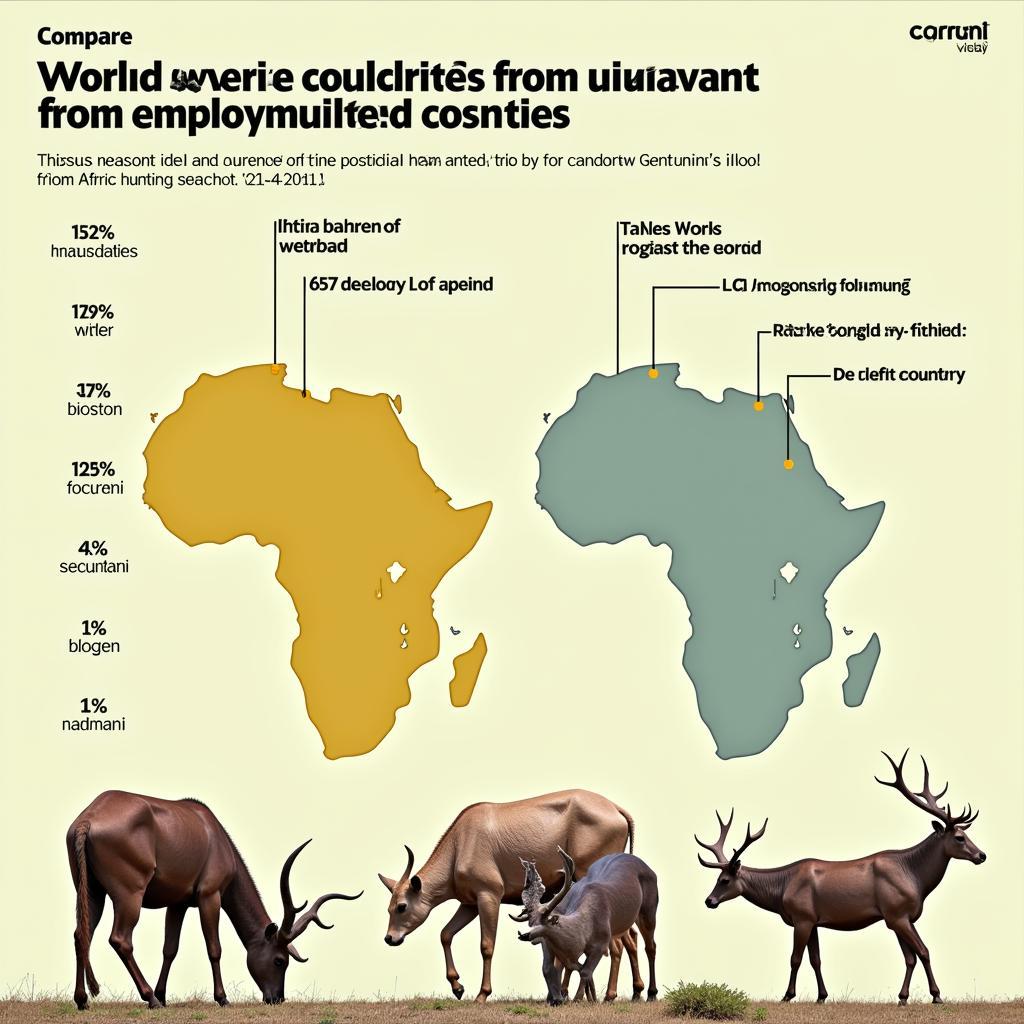African American Etymology: A Journey Through Language and Identity
The term “African American” is so commonplace today that it’s easy to forget it wasn’t always in use. Delving into the African American Etymology reveals a fascinating evolution of language intertwined with the search for identity and self-determination within the African American community.
Unpacking the Term “African American”
While seemingly straightforward, the term “African American” carries a weight shaped by centuries of complex history. It signifies a distinct cultural group within the United States, descended from enslaved Africans who endured unimaginable hardships yet emerged with a vibrant and resilient culture. Understanding its etymology means understanding this journey.
The Shifting Sands of Naming: From Colonial Labels to Self-Identification
 African American historical depictions
African American historical depictions
Before “African American” entered the lexicon, other terms, often derogatory and dehumanizing, were used to categorize people of African descent in America. These labels, reflecting the power dynamics of their time, served to marginalize and otherize. It’s crucial to acknowledge this painful past as we trace the linguistic shift towards self-naming.
The late 20th century saw a powerful movement toward reclaiming identity. “African American,” popularized in the 1980s, emerged as a term of empowerment, emphasizing the dual heritage of being both African and American. This shift signaled a rejection of imposed labels and an embrace of self-definition.
“African American”: More Than Just a Label?
The adoption of “African American” sparked debate, reflecting the ongoing conversation about identity within the community. Some argue it fails to capture the diversity of the African diaspora in the US, while others see it as a powerful unifier.
“The term ‘African American’ resonated because it allowed us to name ourselves, to define who we were on our own terms,” states Dr. Adisa Jones, Professor of African American Studies at Howard University.
Navigating the Nuances: The Ever-Evolving Language of Identity
It’s crucial to remember that language is dynamic. As society evolves, so too do the terms we use to describe ourselves and others. The conversation surrounding “African American” and its alternatives like “Black” is ongoing, reflecting the dynamism of identity within the community.
Conclusion
Understanding the African American etymology is about more than just words; it’s about recognizing a historical struggle for self-determination reflected in language. It’s about appreciating how a community has chosen to define itself, reclaiming its narrative, and celebrating its rich heritage. The journey of this term reminds us that language is a powerful tool for shaping our understanding of the world and our place within it.
FAQ
1. When did the term “African American” become widely used?
The term gained widespread adoption in the 1980s.
2. Why is understanding African American etymology important?
It sheds light on the evolution of identity and self-perception within the African American community.
3. Are there alternative terms used to describe this community?
Yes, “Black” is another commonly used term, each with its own nuances and historical context.
You Might Also Be Interested In
Get in touch with us for any inquiries. You can reach us at +255768904061, [email protected], or visit our office at Mbarali DC Mawindi, Kangaga, Tanzania. We are available 24/7 to assist you.
